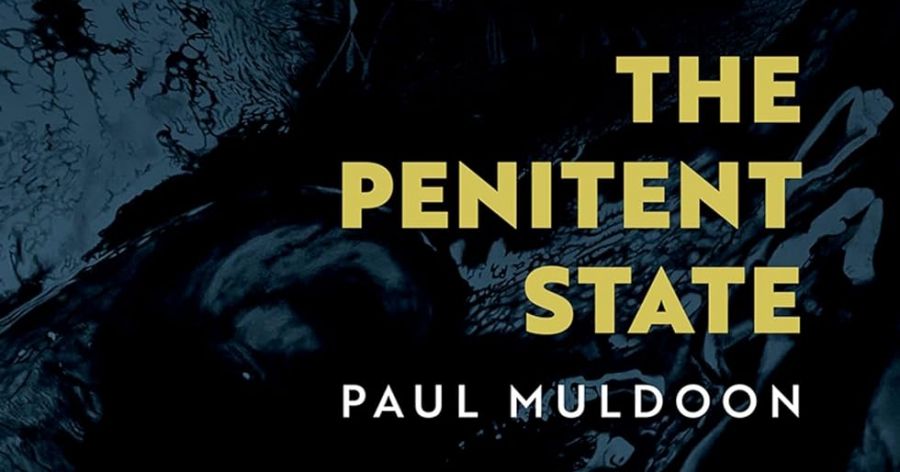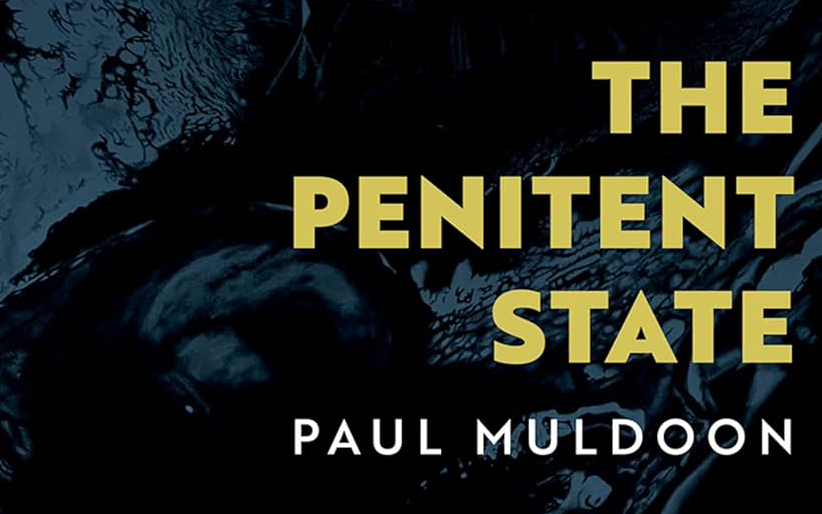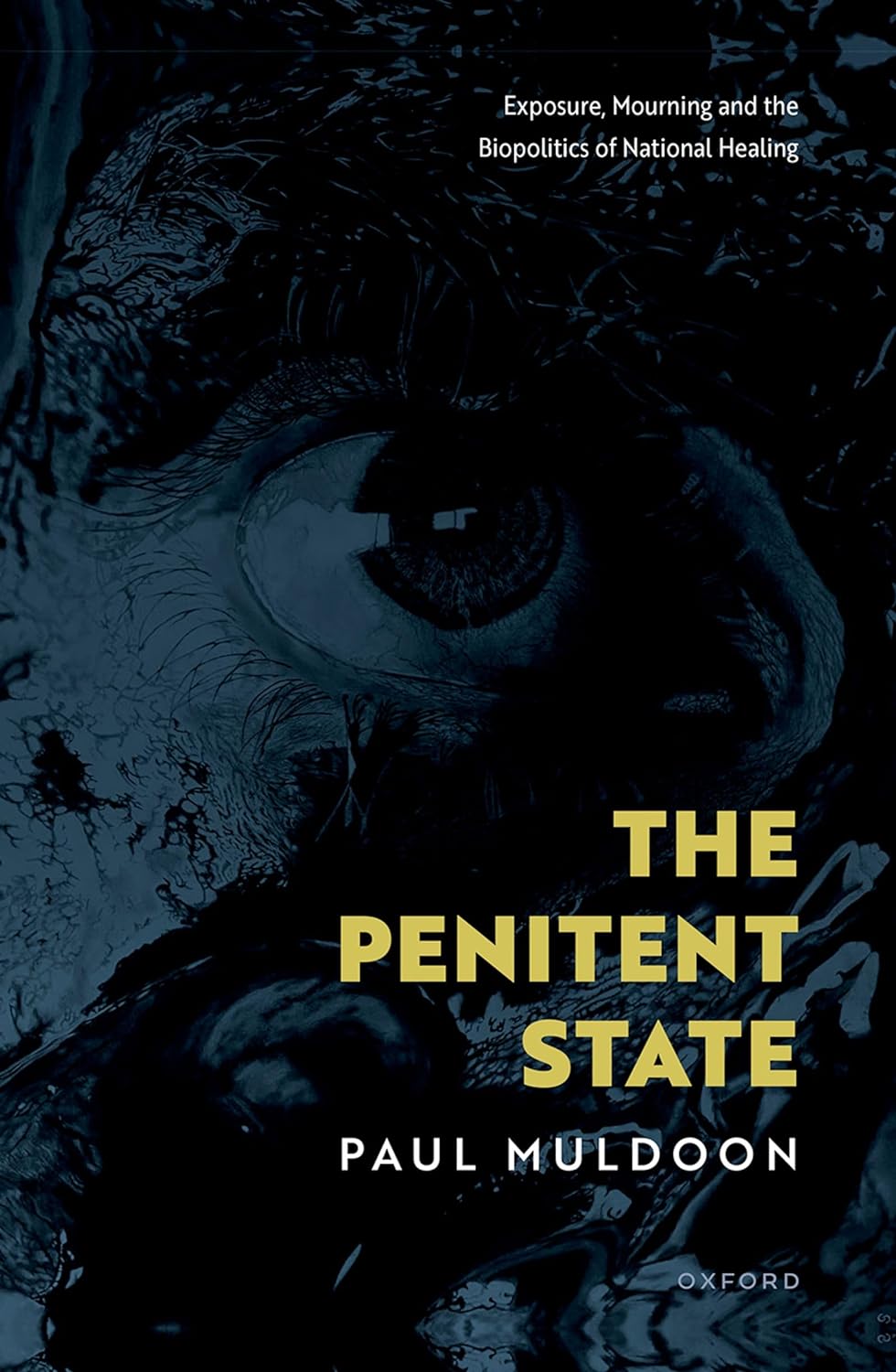
- Free Article: No
- Contents Category: Politics
- Review Article: Yes
- Article Title: Sorry tales
- Article Subtitle: A study of collective biopolitics
- Online Only: No
- Custom Highlight Text:
The recent past is replete with instances of sovereign states doing penance for wrongdoing. The Berlin Memorial to the Murdered Jews of Europe, the South African Truth and Reconciliation Commission (TRC), and Kevin Rudd’s apology to the Stolen Generations are just three examples that receive extended analysis in Paul Muldoon’s The Penitent State. On Muldoon’s telling, the concept of ‘biopolitics’ is central to explaining why these ‘penitent states’ work so hard to press our physical and emotional buttons, not just our intellectual or cognitive ones. Through institutions of atonement, the state is trying to clear a perceived blockage in perpetrators’ collective emotional system. It is trying to make us cry.
- Featured Image (400px * 250px):

- Alt Tag (Featured Image): Stephanie Collins reviews ‘The Penitent State: Exposure, mourning, and the biopolitics of national healing’ by Paul Muldoon
- Book 1 Title: The Penitent State
- Book 1 Subtitle: Exposure, mourning, and the biopolitics of national healing
- Book 1 Biblio: Oxford University Press, 83 hb, 335 pp
- Book 1 Cover Small (400 x 600):

- Book 1 Cover (800 x 1200):

To understand why this happens, we need to understand biopolitics as encompassing all operations by the state on the human health of its populace. We must also view the modern state as operating under a distinctively Freudian assumption about human health: that guilt needs to be physically dispelled from the body via a process of catharsis or expungement. This includes when the body is a body politic. In public memorials, in truth commissions, and in parliamentary apologies, the state operates to ensure that the perpetrator-population’s guilt is duly expelled. The populace is then free to go on its way, relieved of the burden of its guilt, without feeling the need to reflect critically on its past, present, or future.
Muldoon is not the first to suggest that state penance is more about alleviating perpetrator guilt than it is about doing right by those the state has actually wronged. Similar points were made by Indigenous Australian commentators in the wake of Rudd’s apology in 2008 (Muldoon notes Nicole Watson in particular). But Muldoon’s biopolitical tool kit explains why modern institutions of state penance take the precise form they do, that is, a form that sparks physical purging in the perpetrator-populace. At the Berlin Memorial, this purging is achieved via a set of massive spiralling stelae that draw the visitor ever deeper into the physical earth. In South Africa’s TRC, the purging was achieved via the widely watched televised displays of survivors’ raw emotional expressions. And in Rudd’s apology, the purging was achieved via the general sense that ‘we had all participated in a seminal catharsis in our personal and national narrative’ (as Muldoon quotes Juno Gemes). Under the rubric of biopolitics, this purging is no accident. It is the point and purpose of state penance.
What about the predictable response that ‘we’ do not need to expel our guilt, because ‘we’ have nothing to be guilty for? Call this ‘the John Howard critique’. Muldoon nicely sidesteps this critique: his is a story about collective, rather than individual, bio-politics. It doesn’t matter that not all members of the perpetrator-populace were perpetrators in a more literal sense. The guilt will spread like a virus through that population to the point where all carry the guilt just the same, so that all must have it exorcised.
Muldoon’s biopolitical lens on state penance can be contrasted with at least three alternative lenses, which respectively concern legitimacy, ethics, and reflection. The legitimacy lens says penitent states are just greedily aiming to enhance their legitimacy, under the glare of social norms that support human rights. Muldoon sees this lens as overused by political scientists. The ethical lens says penitent states must be assessed by moral standards, specifically by the standard of whether the state is truly ‘sincere’ in its performances of remorse. Muldoon thinks moral philosophers over-emphasise this. And the reflection lens says penitent states are successful to the extent that they induce reflective soul-searching in their populace. Muldoon finds this lens at work in Ancient Athenian tragedy, where the audience was presented with state-based wrongdoing in a fictionalised and therefore distant form, facilitating the audience’s critical reflection on real-life practice, while allowing them to ignore all the guilt that comes with confronting a wrong that is actually perpetrated by one’s state.
At times, Muldoon’s bioethical lens becomes blurred with the ethical one from which he is keen to distance himself. To be sure, Muldoon is not concerned with the sincerity of, say, the Berlin Memorial, the Rudd apology, or the South African TRC. But other ethical standards crop up throughout the argument. Muldoon worries that our modern institutions of state penance ‘deflect attention from the failures of the state’, or perform an ‘unforgiving exposure’ of victims, or render the state ‘perversely relieved of the responsibility to reflect on what happened’. These are clearly ethical or moralised assessments. Thus, Muldoon may be correct that institutions of state remorse function to expunge guilt from the body politic. But he implicitly acknowledges that this function is not the measure by which we should assess these institutions. To establish that bar, we must use an ethical lens that he explicitly eschews but implicitly adopts – though he doesn’t fully explain which ethical standards he employs or why.
At other times, the analysis is not concerned with any of the lenses outlined above. For example, the book’s discussion of Rudd’s apology mostly concerns whether it is even possible for the sovereign state to apologise for breaking the moral rules, given that it’s the one that makes those rules in the first place. Here, we are deep in the weeds of social contract theory and its relationship to realism about moral standards. Muldoon makes a strong case for the idea that there is something paradoxical in the state saying ‘sorry,’ given its status as rule-maker. But the connection to his preferred biopolitical approach is not fully elaborated.
All of this is to say that Muldoon’s book encompasses much more than his own biopolitical framing suggests. The theorising far outstrips biopolitics, and the examples go well beyond the three listed above – including the Athenian Amnesty of 403BCE, Shakespeare’s take on Richard III, and Albert Camus’s novel The Fall. Muldoon hesitates to say anything too prescriptive about how state penance should operate or how it can be done better, but the reader is left in no doubt that these instances of state penance cannot be taken at face value.


Comments powered by CComment